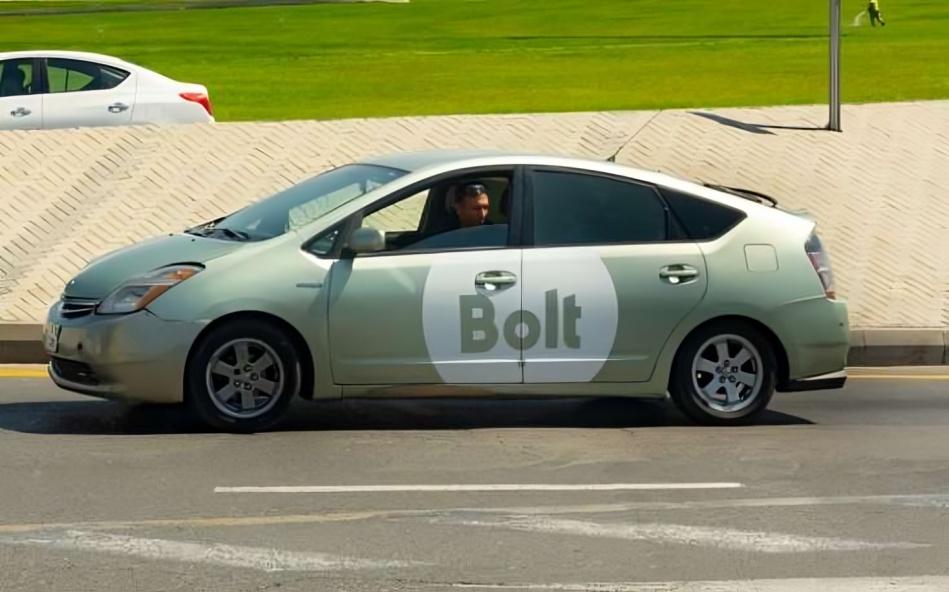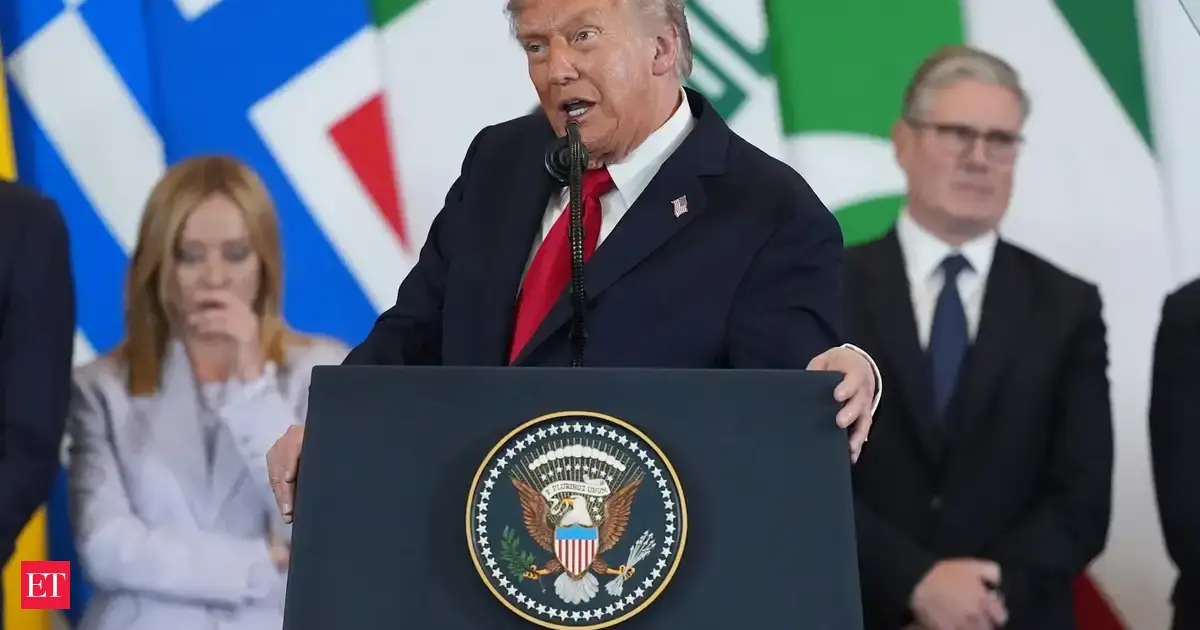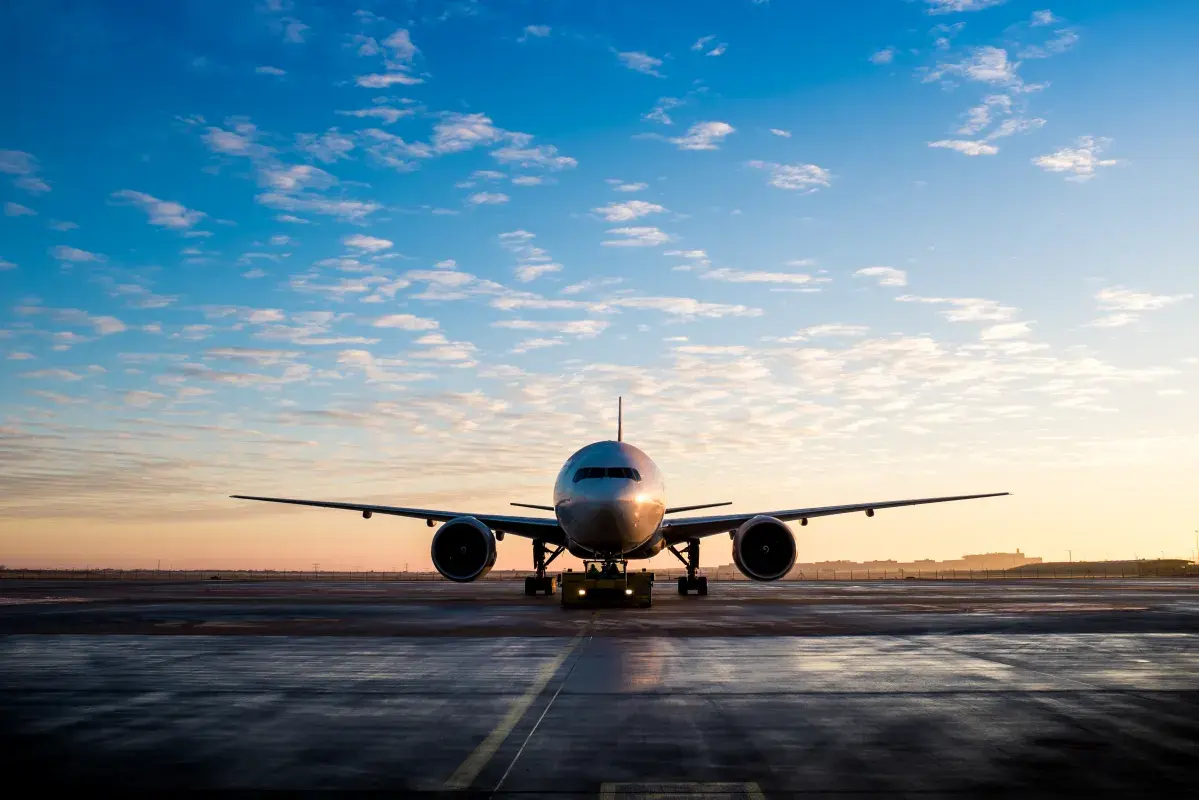Copyright Star Tribune

CONAKRY, Guinea — The European Union has given the International Organization for Migration hundreds of millions of dollars to help tens of thousands of African migrants return from failed journeys to Europe and support them back home. But The Associated Press interviewed several of the returnees in Gambia and Guinea and saw a WhatsApp group of dozens more who say they've received little or nothing of the promised economic and other support. Migration experts assert that the IOM, a United Nations-affiliated organization, isn't giving enough help to people who are often traumatized by migration attempts. Desperation could fuel new attempts. The IOM says it is concerned to hear that people are left waiting but can't speak about individual cases. The EU didn't provide details about where the money goes. The European Court of Auditors, an EU body, audited the program's first phase between 2016 and 2021 and said the EU ''could not prove value for money.'' The EU-funded IOM program was launched in 2016 and pays for return flights for African migrants and promises follow-up assistance back home. Between 2022 and 2025, it repatriated over 100,000 sub-Saharan migrants from north Africa and Niger. Of the $380 million budget for that period, 58% is allocated for post-return assistance. The IOM says it can ''support anything from housing, medical assistance or psychosocial services to business grants, vocational trainings and job placement.'' The IOM program has coincided with Europe's other efforts to deter migration, including paying some African governments to intercept migrants, an approach that human rights groups have criticized. Europe's efforts appear to be working. In the first eight months of 2025, it recorded 112,000 ''irregular'' crossings, over 20% less than the same period last year, and a drop of over 50% from two years ago. Returnees tell the AP that IOM promises of support back home are not fulfilled, leaving them to face trauma, massive debt and family shame on their own. The AP spoke to three returnees in Gambia and four in Guinea, and was shown a WhatsApp group of over 50 members founded around returnees' frustration with the IOM. They described months of reaching out to the IOM with no reply. Kabinet Kante, a 20-year-old from Guinea, spent almost two years trying to reach Europe. He said he was intercepted at sea and dumped in the desert, and still wakes at night screaming. He returned to Guinea in July with the IOM's help. He said he wanted to learn how to drive a bulldozer but the IOM has ignored his calls, and when he went to their office, they told him to stop calling. He set up the WhatsApp group for over 50 other returned migrants in a similar situation. He has no way to pay back his parents, who supported his journey, sending money to pay smugglers and bribe officials. Francois Xavier Ada with the IOM regional office in West Africa told the AP that over 90,000 returnees have started, and 60,000 completed, the reintegration process ''tailored to individual needs.'' Ada said the IOM was ''concerned'' to learn of people who were kept waiting and ''happy to look into these cases.'' He said delays can occur due to high caseloads or incomplete documentation. Medical support is provided based on ''assessed needs.'' Josephine Liebl with the Brussels-based European Council on Refugees and Exiles said that ''the question of how this support actually helps people in very vulnerable situations receives very little public scrutiny, which is due to the fact that there is such a lack of transparency and accountability of how EU funding works outside the EU.'' Experts say that while the IOM's return program helps to extract people from inhumane treatment, the promised follow-up support is often impossible to deliver as most migrants' home countries have poorly functioning state services. ''The major missing piece is the support for the returnees to get reintegrated, have access to social protection and to labor markets,'' said Camille Le Coz, director of the Brussels-based Migration Policy Institute. Elhadj Mohamed Diallo, director of the Guinean Organization for the Fight Against Irregular Migration, works with the IOM on reintegration activities. He said he doesn't blame returnees who try to migrate again. ''We aren't helping them so that they can stay. We are helping them so they can take control of their lives again,'' he said. ''Migration is a natural thing. Blocking a person is like blocking the tide. When you block water, the water will find its way.'' The Associated Press receives financial support for global health and development coverage in Africa from the Gates Foundation. The AP is solely responsible for all content. Find AP's standards for working with philanthropies, a list of supporters and funded coverage areas at AP.org. The European Union has given the International Organization for Migration hundreds of millions of dollars to help tens of thousands of African migrants return from failed journeys to Europe and support them back home.



